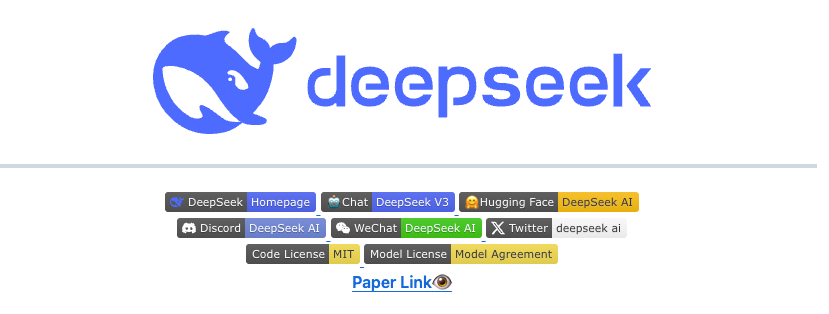DeepSeek API Data Formats: A Comprehensive Guide
Complete guide to DeepSeek API data formats, including input/output specifications and formatting requirements.

Data Formats Supported by Deepseek API
Key Data Formats List
Deepseek API supports several primary data formats, each tailored for specific use cases. JSON is widely used for its readability and simplicity, making it perfect for web APIs. XML is utilized for detailed configurations and data exchange where structure is paramount. CSV is great for handling large datasets, such as financial records or scientific data.
Specialized Data Formats in Computer Architecture
In computer architecture, specialized formats like Protocol Buffers (Protobuf) and Flatbuffers optimize performance. Protobuf serializes structured data efficiently, reducing payload size and speeding up data transfer. Flatbuffers streamlines data serialization in memory, enhancing performance in systems requiring low-latency data access.
Data Formats in Excel and PDF
Excel uses CSV and XLSX for structured data, ideal for financial analysis and reporting. PDFs structure data for visual reports, ensuring information is presented clearly. Best practices include using CSV for simplicity and XLSX for advanced Excel features, while PDFs should be formatted for easy data extraction.
Impact of Data Formats on Integration and Functionality
Open Data Formats for Seamless Integration
Open formats like JSON and XML ensure compatibility across systems, facilitating seamless integration. JSON's simplicity and XML's structure make them ideal for APIs, promoting interoperability and reducing integration barriers. For more on API endpoints and best practices, see DeepSeek API Endpoints.
Format Data Meaning in Phone and Mobile Applications
In mobile contexts, data formats must ensure consistency across devices. JSON is commonly used in mobile apps for its efficiency, while XML handles complex data. Ensuring data consistency involves standardizing formats and validating data, crucial for a seamless user experience.
Best Practices for Working with Data Formats
Choosing the Right Data Format for Your Use Case
Selecting the right format involves considering data structure, performance needs, and compatibility. JSON is great for web and mobile, while XML suits complex, hierarchical data. CSV is ideal for tabular data, and Protobuf for high-performance needs.
Data Format Conversion and Optimization
Conversion tools like Pandas (for CSV to JSON) help maintain data integrity. Optimizing involves compressing data and using efficient formats, enhancing performance and reducing bandwidth usage. For a broader look at features and troubleshooting, check out DeepSeek API Features & Advantages and DeepSeek API Troubleshooting Roadblocks.
Common Challenges and Solutions
Handling Data Format Incompatibilities
Incompatibilities can be overcome with middleware or adapters. Tools like Apache NiFi transform data, ensuring compatibility without altering systems.
Ensuring Data Integrity and Security
Maintaining integrity involves validation and using reliable serialization. Security measures include encryption and access controls, crucial for sensitive data. For more on security, visit Securing Data: ChatGPT Privacy & Ethics.
The Future of Data Formats in API Development
Emerging Trends in Data Format Standards
Emerging trends include binary formats like Protobuf and Avro, offering efficiency and speed. These formats are expected to shape future APIs, emphasizing performance and scalability.
Deepseek API's Role in Data Format Innovation
Deepseek API supports modern formats, leading in flexibility. By adopting emerging standards, Deepseek stays at the forefront of API development. Learn more about innovations in ChatGPT-4 Advancements.
Conclusion
Understanding and leveraging data formats is vital for effective API integration. By choosing the right format and following best practices, developers can maximize Deepseek API's potential. Explore more in our comparison of ChatGPT vs Deepseek Platform.